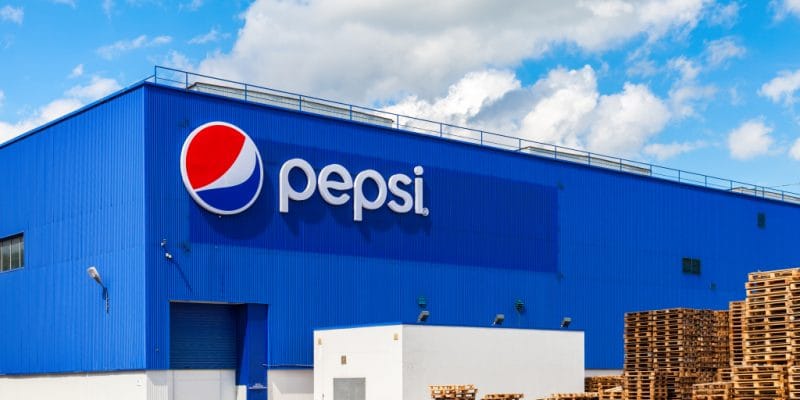Pepsico is determined to reduce its methane emissions in South Africa. The American group, which manufactures the famous “Pepsi” brand of beverage, as well as food products, is developing an energy recovery project for food waste at its Simba Chips site in Johannesburg. Pepsico has entrusted the work to the South African company Tecroveer, which specialises in water and waste treatment.
Under its contract, Tecroveer will build a plant capable of converting 11,500 tonnes of food waste, fried food and sewage sludge per year.
Anaerobic digestion technology
The waste will be converted into electricity through a power plant with a capacity of 800 kW, as well as into fertiliser for Pepsico’s plantations in South Africa. The future plant will use Anaergia’s high solids anaerobic digestion technology. According to the Canadian provider of complete solutions for extracting organics from waste, anaerobic digestion is the process by which living micro-organisms are mixed in a tank with organic material that we dispose of, sew or throw away, to produce biomethane (renewable natural gas).
“We also call our technology, ‘Omnivore’, because it can digest just about anything organic; from food waste, solids in wastewater, to animal manure to produce three times more biomethane,” adds Anaergia.
In addition to reducing methane emissions, one of the causes of climate change, Pepsico’s approach also aims to reduce its dependence on the South African state-owned utility Eskom’s grid, its electricity bills in a context marked by load shedding, and pollution.
Inès Magoum
